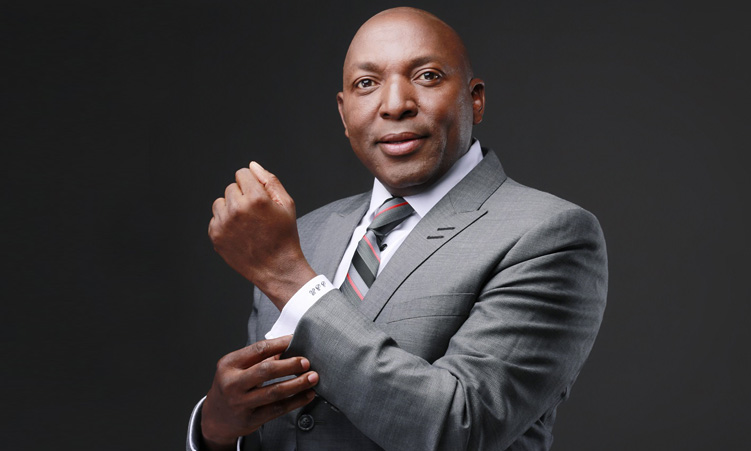The Judicial Service Commission (JSC) must be applauded for embracing constructive criticism by having public interviews when it comes to selecting judges.
Opening up the selection of key officials (judges, prosecutor general, masters of courts…) of the judiciary to public scrutiny will go a long way towards cultivating trust in the justice system.
While public interviews are a great step on the road to public accountability, the JSC should also explore avenues to ensure candidates are of impeccable integrity. The initial interviews have already shown there are serious shortcomings in the process.
For instance, questions continue to linger over how lawyer Slysken Makando ended up on the shortlist of applicants who desire to be permanent judges of the High Court and the Supreme court.
About 20 years ago, Makando was implicated in a misconduct case and faced charges of dishonesty that nearly saw him disqualified from practising as a lawyer in Namibia’s justice system. Because of what can arguably be seen as a technicality, Makando escaped with a slap on the wrist despite being found guilty by the disciplinary committee for legal practitioners of “unprofessional, dishonourable or unworthy conduct” after being accused of misappropriating a client’s money.
Makando was in essence found guilty of breaching the trust of people who needed help and placed their trust in him. At least one of his clients complained to the Law Society of Namibia and later withdrew the charge.
The lawyer told the JSC last week Friday that he had challenged his case. However, he succeeded mainly because the disciplinary committee’s term of office had expired, but the courts did not rule out the substantive issue of unethical behaviour. The case was referred back.
In what may be considered even unfair to Makando himself, much about the case seems to have been left hanging.
Although Makando told the JSC “between us (Makando) and the Law Society, there’s no issue” or that “there’s between ourselves”, anyone following the interview would have been left feeling uneasy with the questioning and the explanation given.
Judges occupy critical positions of power and it is imperative that candidates aspiring to such roles tick all boxes showing that they are of unimpeachable integrity.
Makando’s explanation left a lot of room for doubt when telling the JSC that the one client who complained was paid back the money.
Besides, the Law Society, which has now nominated Makando to become a judge, has failed to explain what makes him a trustworthy person after the same institution previously went to great lengths to show Makando was not trustworthy, especially when dealing with clients’ funds.
It is nothing short of disgraceful for the Law Society to abandon its main objective of setting high standards and ensuring integrity of the legal profession.
Makando told the JSC “out of experience we learn, but learn the hard way”. Yet it is not clear whether he meant that he was remorseful and had learnt to be ethical. Instead, he suggested he was not fairly treated then.
Breach of ethical duties by legal officers is correctly judged by higher standards than for ordinary citizens. Yet it appears that in some key instances lawyers take a buddy-buddy approach when it comes to disciplining one another.
This in turn harms the integrity of the legal profession.
It is a slippery slope when ethical breaches are not followed through or treated as “small matters” to be taken lightly.
The public can be forgiven for asking questions about how a judicial officer with a questionable track record on ethical standards will perform when occupying the ultimate role of sitting in judgement of others.
The sooner the JSC tightens its entire selection process and takes the public into its trust, the more the public will hold our judicial system in esteem.
The judiciary’s public interviews will risk being viewed as window dressing if the selection process is not strengthened through the better scrutiny of candidates.
Stay informed with The Namibian – your source for credible journalism. Get in-depth reporting and opinions for
only N$85 a month. Invest in journalism, invest in democracy –
Subscribe Now!






